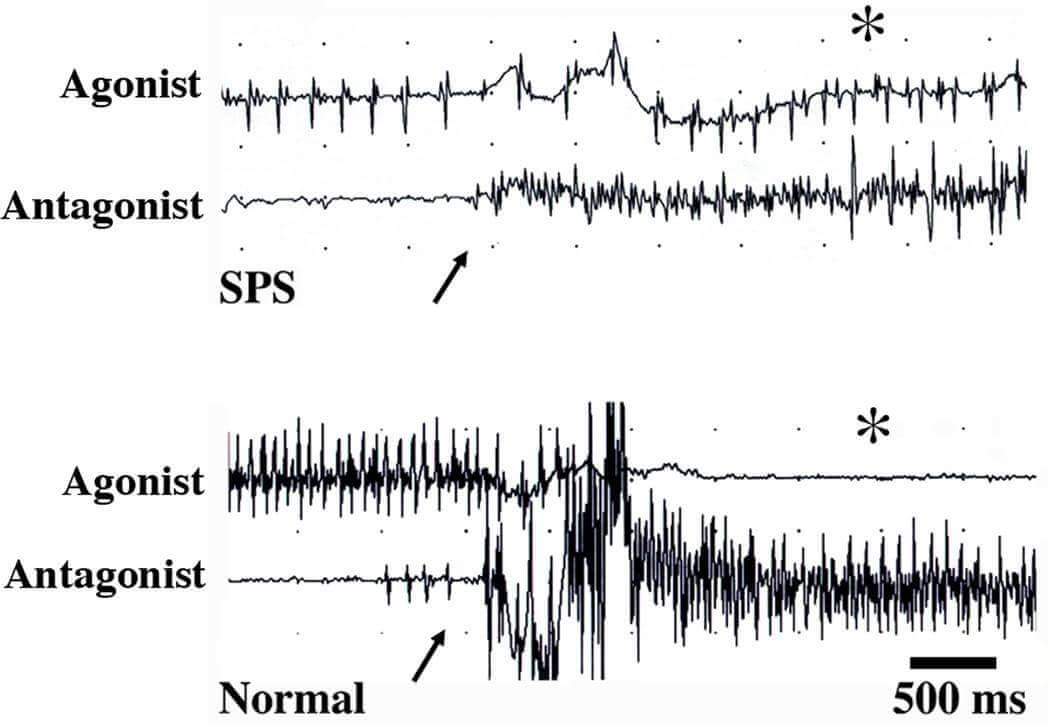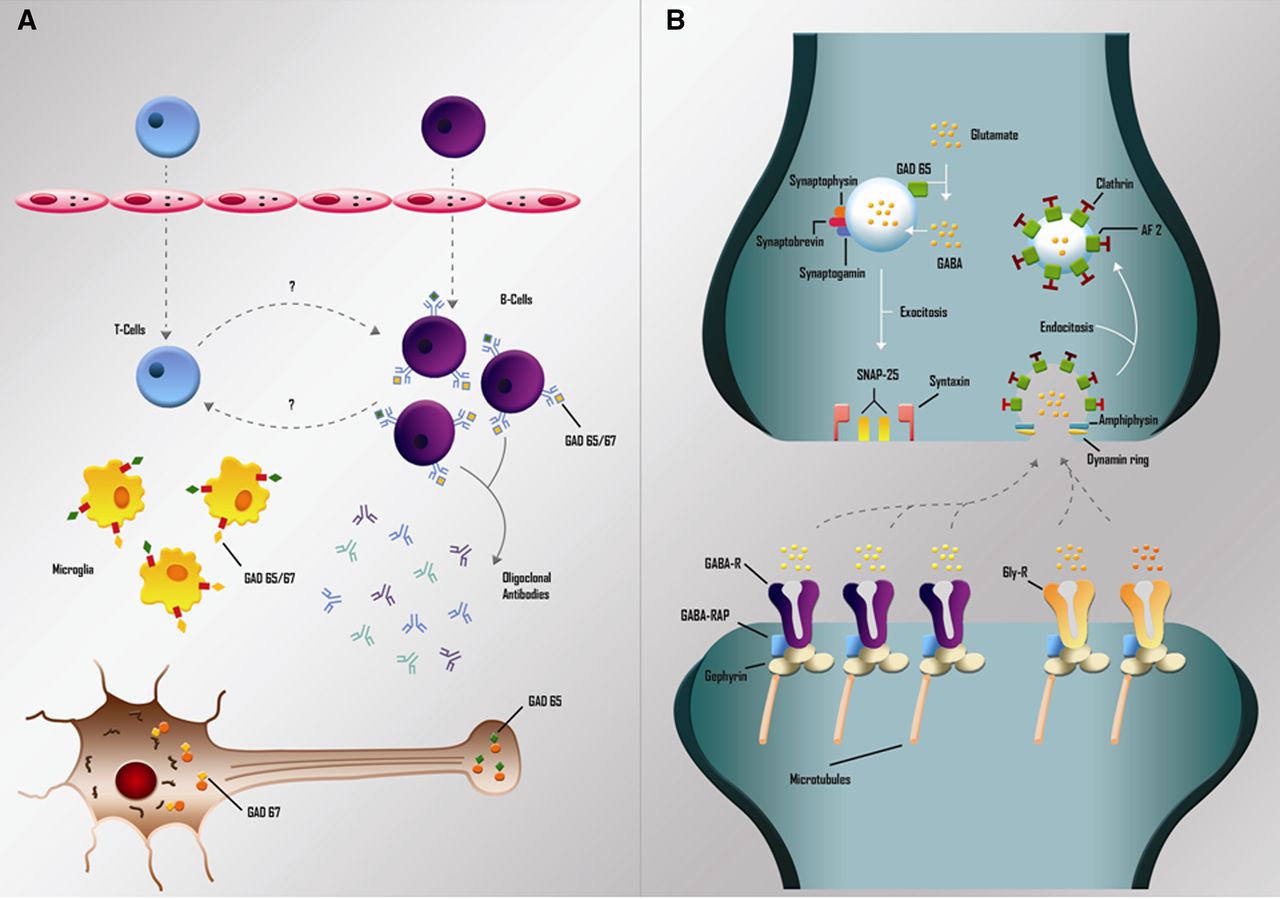Céline Dion, the iconic Canadian singer, has been diagnosed with stiff-person syndrome (SPS), a rare autoimmune disorder that causes muscles to stiffen and spasm. The condition can cause severe pain and difficulty walking, and can sometimes be fatal.
In a statement, Dion said that she first started experiencing symptoms of SPS in 2003, but it was not properly diagnosed until recently. She has been undergoing treatment and is working with a team of doctors to manage the condition.
SPS is a rare disorder that affects less than 1% of the population, and is often misdiagnosed as multiple sclerosis or other neurological conditions. There is no cure for SPS, but medications and other treatments can help manage symptoms and improve quality of life.
Despite her health struggles, Dion has continued to perform and tour, and has expressed her determination to overcome the challenges posed by SPS. She is currently on a world tour, with upcoming dates in Asia and Europe.
Stiff-person syndrome is a rare neurological disorder that affects the muscles and causes stiffness and spasms. It is characterized by excessive muscle stiffness and rigidity, particularly in the trunk and legs, and can also cause tremors and difficulty walking. SPS is often associated with autoimmune disorders, and is thought to be caused by the body’s immune system attacking the central nervous system.
Symptoms of SPS typically begin gradually and can vary in severity. In addition to stiffness and spasms, people with SPS may also experience anxiety and fear of falling, as well as changes in speech and swallowing. SPS is a chronic condition that can significantly affect a person’s quality of life, but it can be managed with medication and other treatments.
There is no cure for SPS, and the exact cause is not yet known. Treatment for SPS typically involves a combination of medications to manage symptoms and reduce muscle stiffness, as well as physical and occupational therapy to improve mobility and function. In some cases, immunoglobulin therapy or plasmapheresis may also be used to suppress the immune system and reduce the severity of symptoms.
SPS is a rare disorder, and it is estimated that it affects fewer than 200,000 people worldwide. It is more common in women than in men, and typically begins in adulthood. If you or someone you know is experiencing symptoms of SPS, it is important to speak with a healthcare provider for proper diagnosis and treatment.

Living with SPS can be challenging, and people with the disorder may experience difficulty with everyday activities such as walking, standing, and driving. In severe cases, SPS can cause significant disability and may require the use of assistive devices such as canes, walkers, or wheelchairs.
Stiff-person syndrome can also have a significant impact on a person’s mental health. The chronic nature of the disorder, along with the fear of falling and the anxiety and stress associated with it, can lead to depression and other mental health conditions. It is important for people with SPS to receive support and care for their physical and mental health needs.
There is currently no cure for SPS, but research is ongoing to better understand the disorder and develop more effective treatments. In the meantime, people with SPS can manage their symptoms and improve their quality of life with the help of medications, therapy, and support from healthcare providers and loved ones.

In addition to medical treatment, there are also several things that people with SPS can do to manage their symptoms and improve their quality of life. These may include:
Staying active: Regular physical activity can help to improve flexibility, strength, and mobility, and can also help to reduce stiffness and spasms. It is important to talk to a healthcare provider about an appropriate exercise plan that takes into account any limitations or restrictions.
Avoiding triggers: Some things, such as stress, fatigue, and certain medications, can trigger or worsen symptoms of SPS. It can be helpful to identify and avoid known triggers, and to manage stress through relaxation techniques such as deep breathing or meditation.
Using assistive devices: For people with severe symptoms, assistive devices such as canes, walkers, or wheelchairs can help to improve mobility and safety. It is important to talk to a healthcare provider or therapist about the best type of assistive device to use.
Seeking support: SPS can be a challenging and isolating condition, and it is important to have support from loved ones, healthcare providers, and others who understand the disorder. Support groups, both in-person and online, can be a valuable source of information and support.
Overall, SPS is a complex and chronic disorder that can have a significant impact on a person’s quality of life. With the right treatment and support, however, people with SPS can manage their symptoms and live fulfilling and active lives.

